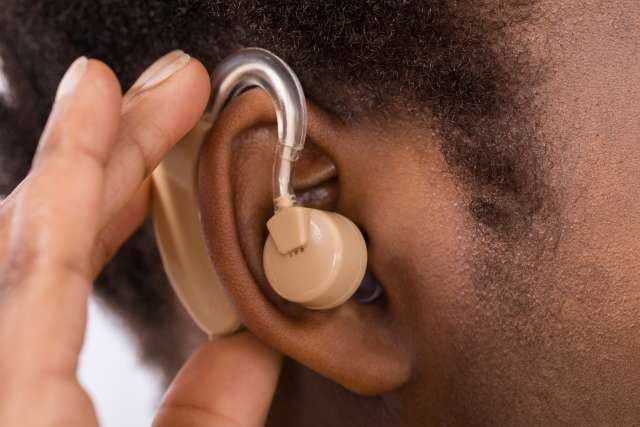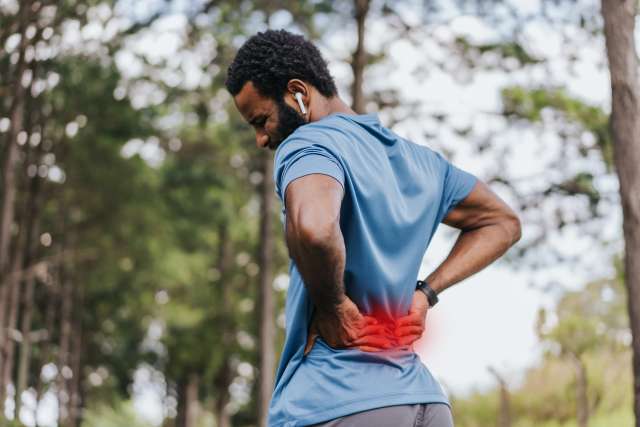Hello, again, dear readers! We continue to receive quite a bit of mail regarding COVID-19. Many of the topics overlap, and because they don't require a full-length explanation, we have collected several into a bonus letters column.
- A common question is whether or not COVID-19 continues to be a serious health threat. "Is COVID over?" a reader asked. "You don't hear about it these days like you used to." The answer is that COVID-19 is still very much with us. The good news is that the infection rate has dropped sharply, and there are fewer deaths from the disease. However, hospitalizations continue to occur at a consistently high rate, and long COVID, which is the lingering symptoms that can last for months, continues to be a serious problem.
Many of you have written to us about the COVID-19 vaccine. The gist is that the simplified guidelines are a relief, and that you're finding that the vaccine is offering protection. Another common thread is the potential side effects of the vaccine. "Can you do an update on the most likely side effects of the COVID vaccine?" a reader asked. "I wound up having pain that made it really hard to move my arm for a few days. Is there any way to prevent that?" - The Centers for Disease Control and Prevention recommends that everyone 6 months of age and older stay up to date with the COVID-19 vaccine. Although side effects vary from person to person, the most common is an injection site reaction. This can include localized pain, redness or swelling. Some people develop the upper-arm soreness that you have experienced. Flexing and exercising the arm for about 15 minutes following the shot has been shown to help lessen that effect. And, as with the influenza vaccine, mild flulike symptoms are possible. These can include fever, headache, swollen lymph nodes and a general feeling of malaise. As with the flu vaccine, these symptoms usually resolve within a few days.
- Several readers have asked if there may be a link between the COVID-19 vaccination and a recurrence of cancer. "I am a survivor of lung cancer, and that makes me want to get the COVID vaccine," a reader said. "But I have read that there is a small chance that the vaccine can make your cancer come back. I would like to know if that is accurate." There is no evidence that the COVID-19 vaccine has any role in cancer recurrence, nor does it interfere with cancer treatment. However, there is one cancer connection. Patients with lymphedema in an arm, which is swelling that occurs when cancer treatment damages the lymphatic system, are advised to get the COVID-19 injection -- or any injection -- in the other arm. If lymphedema is present in both arms, the vaccine can be delivered in the thigh.
- A final note: We continue to hear from readers struggling with the effects of long COVID. Research into the causes of the condition and a search for potential treatments is ongoing. There have been some recent advances, and we will explore them in upcoming columns.
(Send your questions to [email protected], or write: Ask the Doctors, c/o UCLA Health Sciences Media Relations, 10960 Wilshire Blvd., Suite 1955, Los Angeles, CA, 90024. Owing to the volume of mail, personal replies cannot be provided.)




